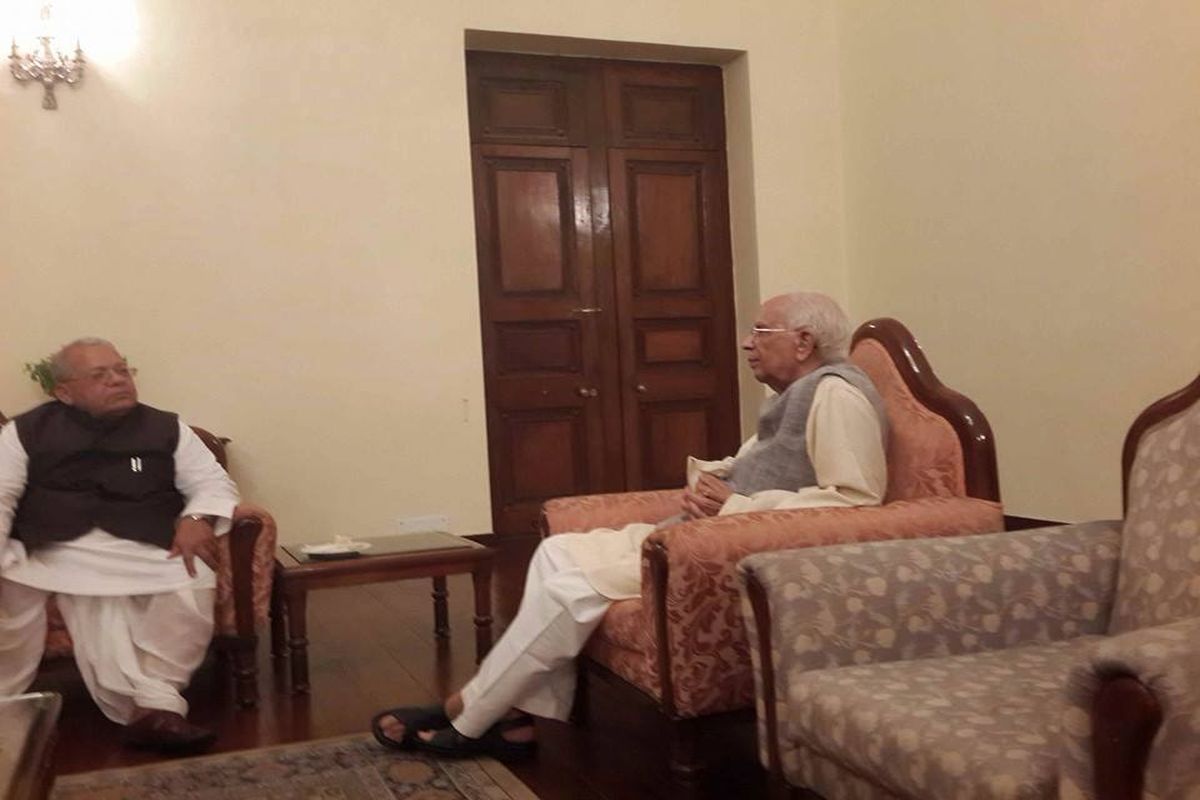It has often been remarked, not without a tinge of cynicism, that hope emanates from Raj Bhavan and the judiciary. The outgoing West Bengal Governor, Mr Keshari Nath Tripathi ~ with a one-way ticket out of Kolkata ~ has advanced a cache of home-truths. His forthright statement on Saturday is a faint echo of the former Governor, Mr Gopalkrishna Gandhi’s stout caveat to the Buddhadeb Bhattacharjee government in the context of the highvoltage industrialisation and the spirited upheaval in Singur and Nandigram ~ “It is the duty of the Governor,” he had said, “to remind the state government of his oath of office” (March 2007).
Twelve years later, Mr Tripathi’s parting message to the Mamata Banerjee dispensation might have caused no cavil within the political class were it not for the timing, as he takes the bow from Raj Bhavan. Having assumed authority in 2014, he had time enough to put the government on notice, chiefly regarding the Chief Minister’s tendency to appease a particular community, an intrinsically electoral move that has vitiated West Bengal’s communal harmony.
Advertisement
“Discrimination is apparent. Her statements show the discrimination.” However, it will not be easy for Mr Tripathi to dispel the dominant impression that it is an afterthought. The fact of the matter can scarcely be disputed. In a rare moment of candour, he has hit the bull’s eye with the remark, “Miss Banerjee has vision, she has the power to implement her decisions, but she should also be restrained. Her policy of appeasement has also impinged on societal harmony.”
Thus did Mr Tripathi effect a deft balance between a compliment to and a critique of her praxis of governance. It has on the whole been an objective reflection, and it would be less than fair to readily bin his presentation as an effort to play to the BJP gallery or to say he has reinforced the Trinamul perception that he has “turned Raj Bhavan to a BJP office”. Not that the Bharatiya Janata Party has not communalised the scenario, when not engaged in the struggle for the mastery of turfs, as in Bhatpara. Arguably at 85, Mr Tripathi has no point to prove, no party hierarchy to impress.
From 2014 to 2019, his tenure at Raj Bhavan has covered a phase of the first and another of the second edition of Trinamul Congress rule and he is, therefore, in a position to identify the rough edges, if not aberrations that have considerably reduced the party’s presence in the Lok Sabha. Not wholly unrelated has been his emphasis on education and law and order as the critical benchmarks to ensure “overall progress”.
Once again, he hits the bull’s eye with the observation that “industrialists are somehow not keen on investing in the state despite the government’s sincere efforts”. Small wonder that the annual business conclave in 2020 has been postponed. There is an element of profound symbolism in Mr Tripathi’s pregnant punchline ~ “My experience in West Bengal has been sweet and sour.”











